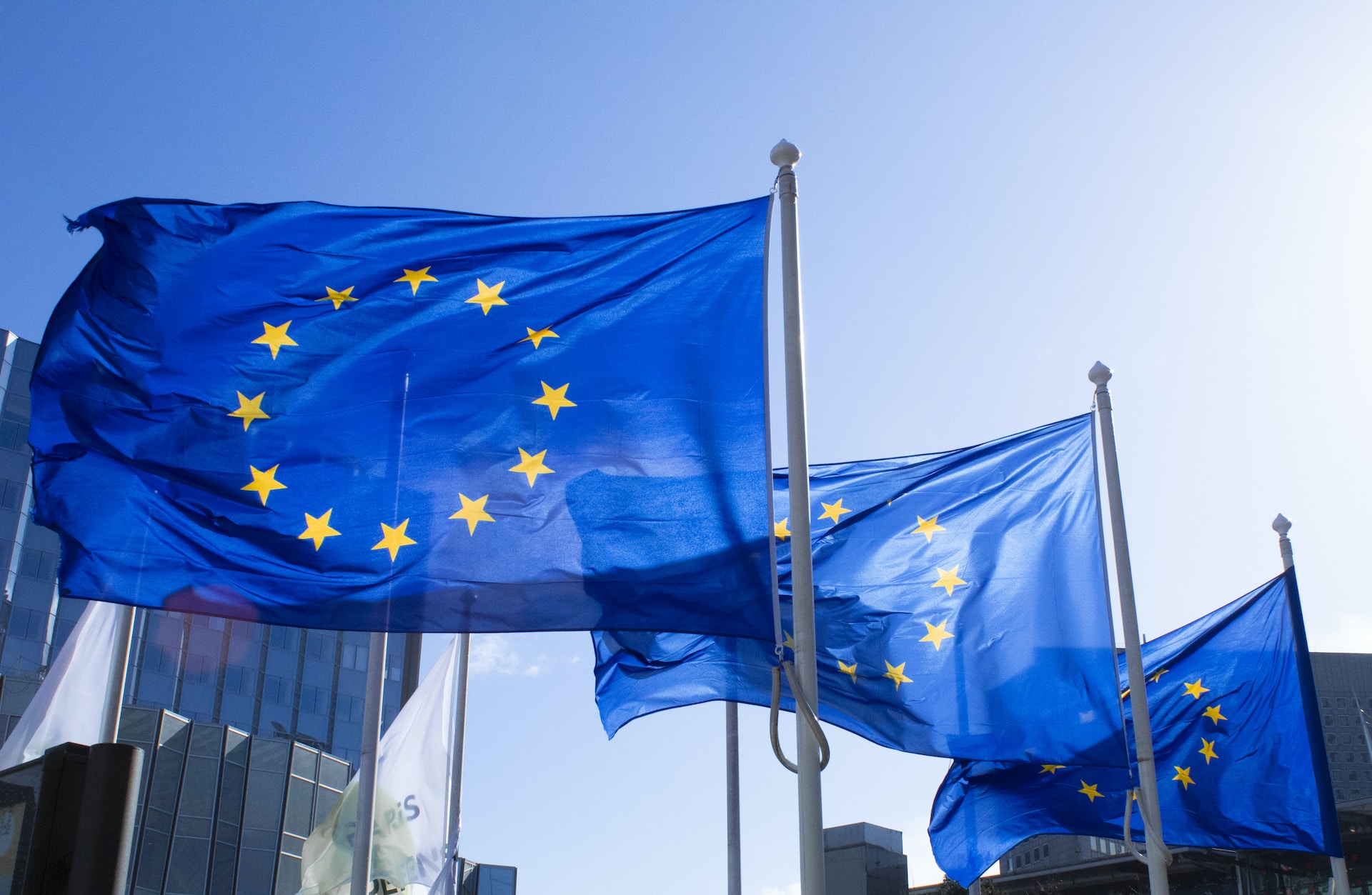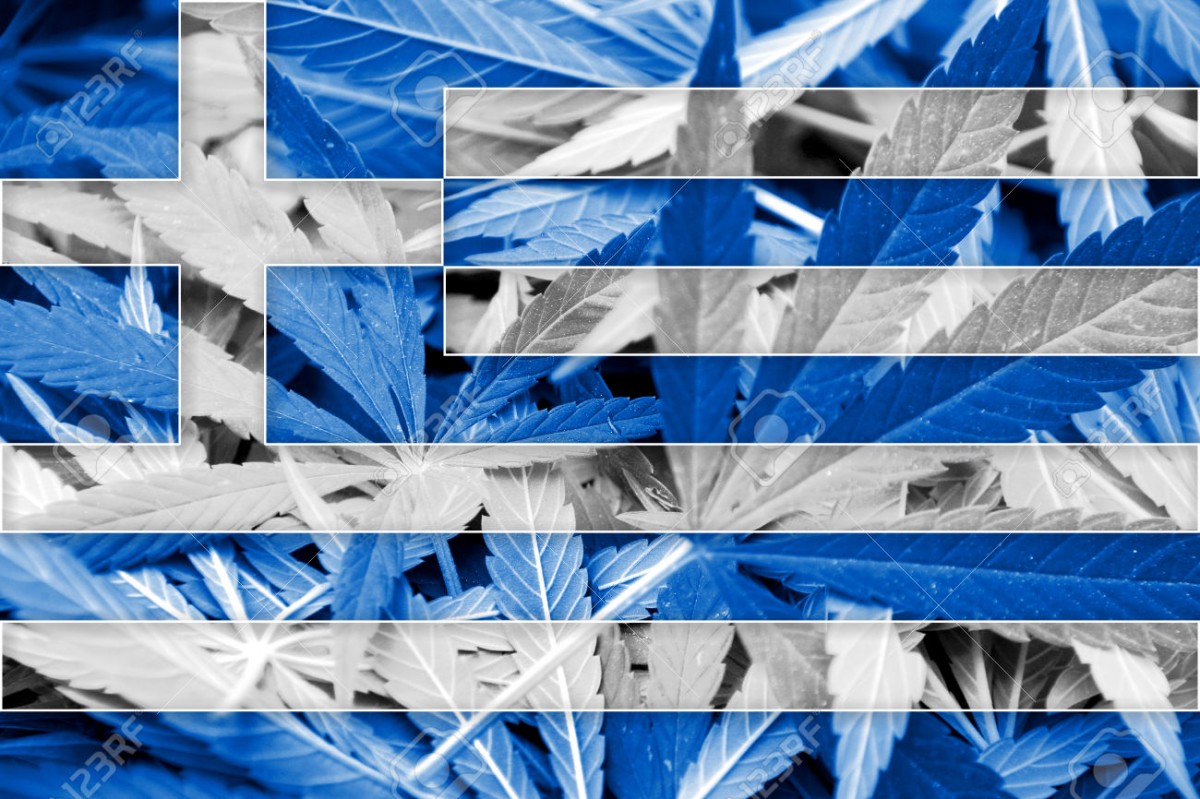The Zimbabwean government has approved a multi-disciplinary and multi-sectoral approach to address the rampant misuse of illicit drugs in the southern African country.
Launched last saw month “Operation Clean up Harare Ghetto” to stem the spread of drug use in the country.
“Operation Clean up Harare Ghetto”, according to Zimbabwe’s Information Minister Monica Mutsvangwa who announced the campaign during a weekly post-Cabinet post-media briefing, will see the government turn the fight against illicit drug use across the whole nation. It will integrate the national Operation Clean Up Zimbabwe campaign to curb substance abuse.
In the past two years, Zimbabwe has witnessed an alarming increase in mental health issues, especially among the youths due to the use of drugs and alcohol.
Rising drug use has been blamed on the closure of schools, colleges, universities, and workplaces as the country continues to grapple with the global Covid-19 pandemic. Almost 60% of Zimbabwe’s population is below the age of 24 years, and the lack of professional and social opportunities may be drving drug use.
According to Mutsvangwa, Operation Clean Up Harare will focus on prevention, harm reduction, treatment, rehabilitation, reduction of demand and elimination of supply and availability of illicit and over the counter substances and drugs on the market.
The Minister added that the government has also implored criminal courts to impose stiffer sentences on offenders arrested peddling drugs: “The capacities, efficiency and activities of the police, justice and customs department will be complemented and strengthened,” Mutsvangwa told journalists in September.
“The government has noted with satisfaction the swift response by the country’s security forces which has resulted in the arrest of over 200 culprits involved in the trade of illicit substances and drug lords. These will face the full wrath of the law,” she added.
The government has also adopted the Zimbabwe National Drug Master Plan (ZNDMP 2020 to 2025) and Treatment and Rehabilitation Guidelines of Alcohol and Substance Use Disorder of Zimbabwe (TRGASUD ZIM). Mutsvangwa said that: “Identifying and upgrading existing mental health institutions that can admit affected children, youths and adults including identifying a dedicated child psychiatric hospital in each province until they have recovered,” as well as “Identifying and improving community-based activities including the establishment of parent support groups and patient support groups” will be key priorities.
In the medium term, the Information Minister added that the following strategies will be implemented:
- “Establish a national call centre for drug and substance abuse which will provide online psycho-social support and related information and opening of youth centres and increasing empowerment opportunities for the youth and strengthening their vocational training programmes
- Establishment of family support structures and facilities to address the negative impacts of substance and drug addiction on the immediate and extended family, for example, family clubs, churches and faith-based organisations
- All local authorities to revive and expand the provision of youth clubs and other positive recreational facilities. The media should play a critical role in increasing outreach and awareness raising through theatre, arts, edutainment, music and other multimedia platforms
- Review of the National Policy on Drug and Substance abuse and amendment to the Dangerous Drugs Act which is up to date with the current illicit drug being abused in the country to increase penalties on drug and substance abuse sentencing.”
Zimbabwean president, Emmerson Mnangagwa, also issued in September a stern warning to drug dealers, instructing law enforcement agents to “smoke out” and arrest drug sellers as he accused them of threatening the country’s moral fabric.
“Unbecoming trends such as the alarming entry of destructive drugs into our jurisdiction, threaten the future of our youths. There is a need, therefore, to redouble our collective fight against this new phenomenon of drugs and harmful substance abuse,” said Mnangagwa while opening new courts in Chinhoyi, a town 116km (72 miles) west of Harare.
He added: “My government will thus continue to take stern measures to stamp out this growing threat. Law enforcement agencies and the courts must work in concert to ensure that perpetrators of gun-related crimes, violent drug kingpins, the supply chains, and drug vendors are definitely smoked out and brought to book”.
The Zimbabwe Republic Police (ZRP) has also warned some rogue elements with the force who are protecting drug peddlers to evade arrests for a fee. “ZRP is on record saying it has no place for such unruly elements. ZRP has zero tolerance to corruption,” the Central Investigations Department (CID) national spokesperson, Portia Chinho, told the media last month.
“We always say in every basket you will find one or two bad apples. But what do you do with them? You throw them away. Give us information on these unruly cops and ZRP will pluck them out and remain with the few upright ones,” she added.
In a separate interview in early October, Tinashe Chiweshe, outreach officer with the Zimbabwe Civil Liberties and Drug Network (ZCLDN), an advocacy organisation pushing for laws that protect people who use drugs, said his organisation welcomed the government’s initiative to curb use of harmful drugs in Zimbabwe: “We welcome the initiative to clean up Harare. We hope the programme spreads to other areas including rural communities where the issue of using harmful drugs and cheap alcohol is on the increase”.
However, some analysts have called on the government to work on policies that create employment in Zimbabwe as most unemployed youths are turning to use drugs as a form of recreation due to lack of jobs. “Unemployment is a huge contributing factor to drug abuse. You address that and drug issues decline. Some sell because they are trying to feed themselves and or employment and the users are trying to escape the social imbalance,” one social commentator, who asked to not be named, added.


